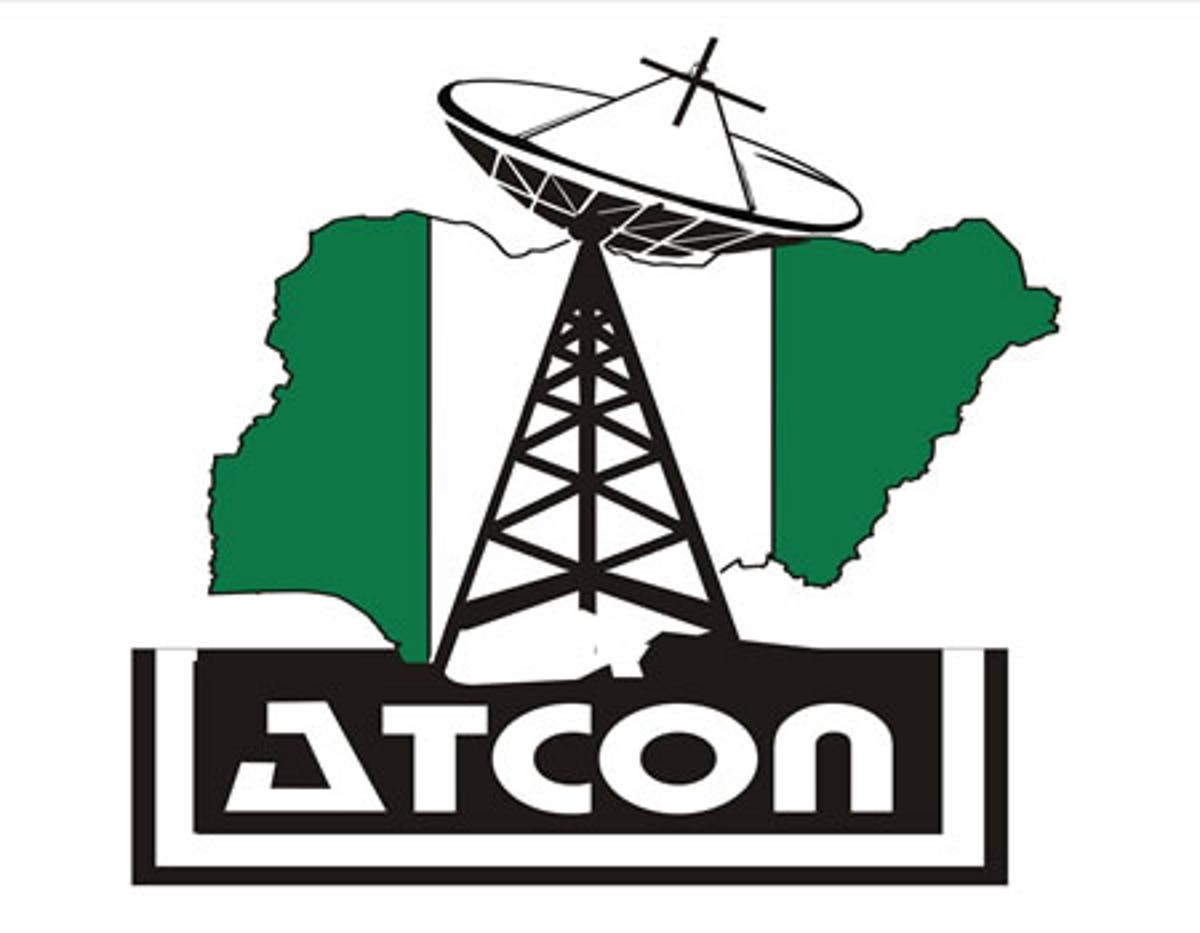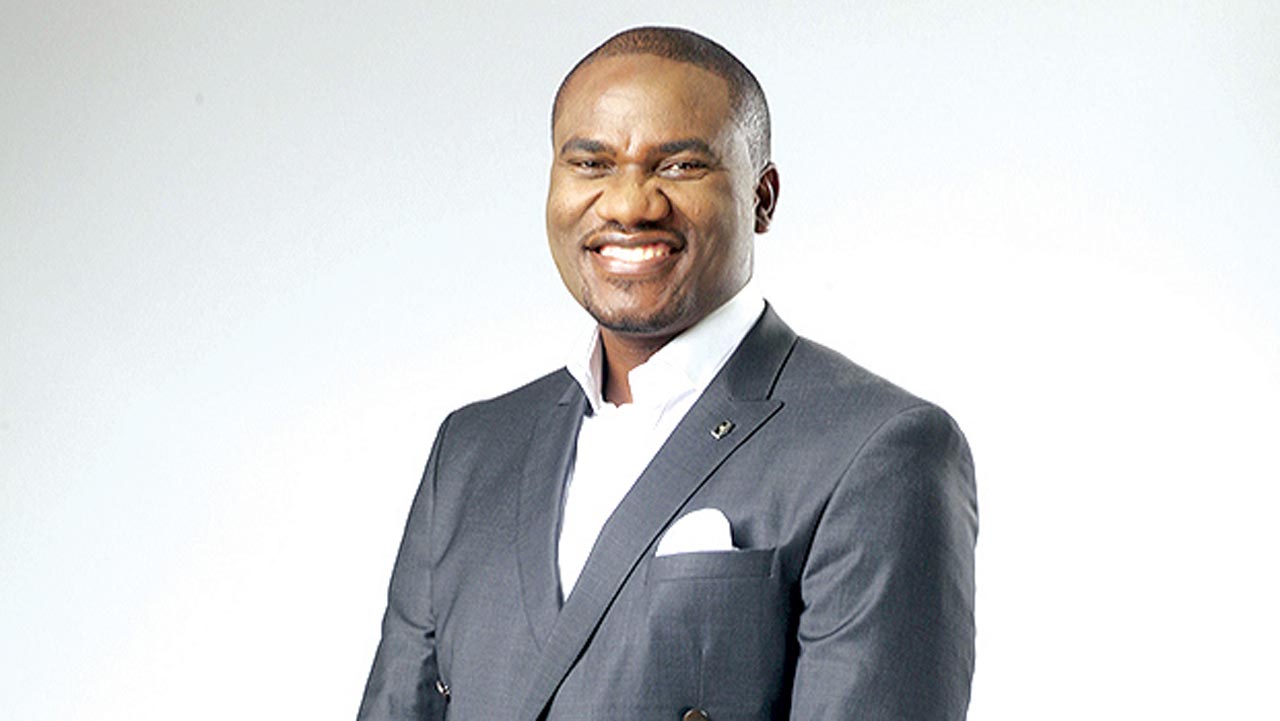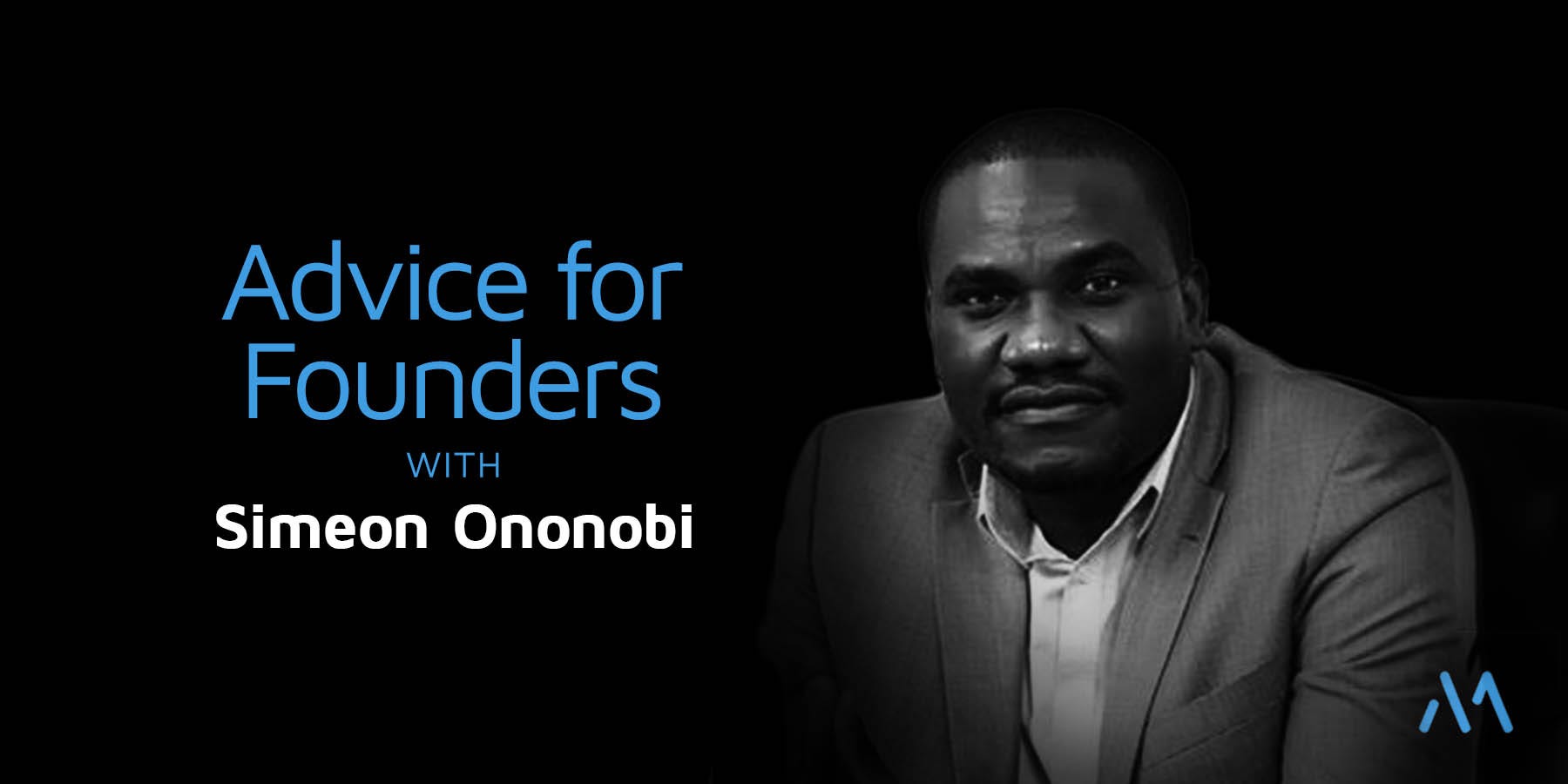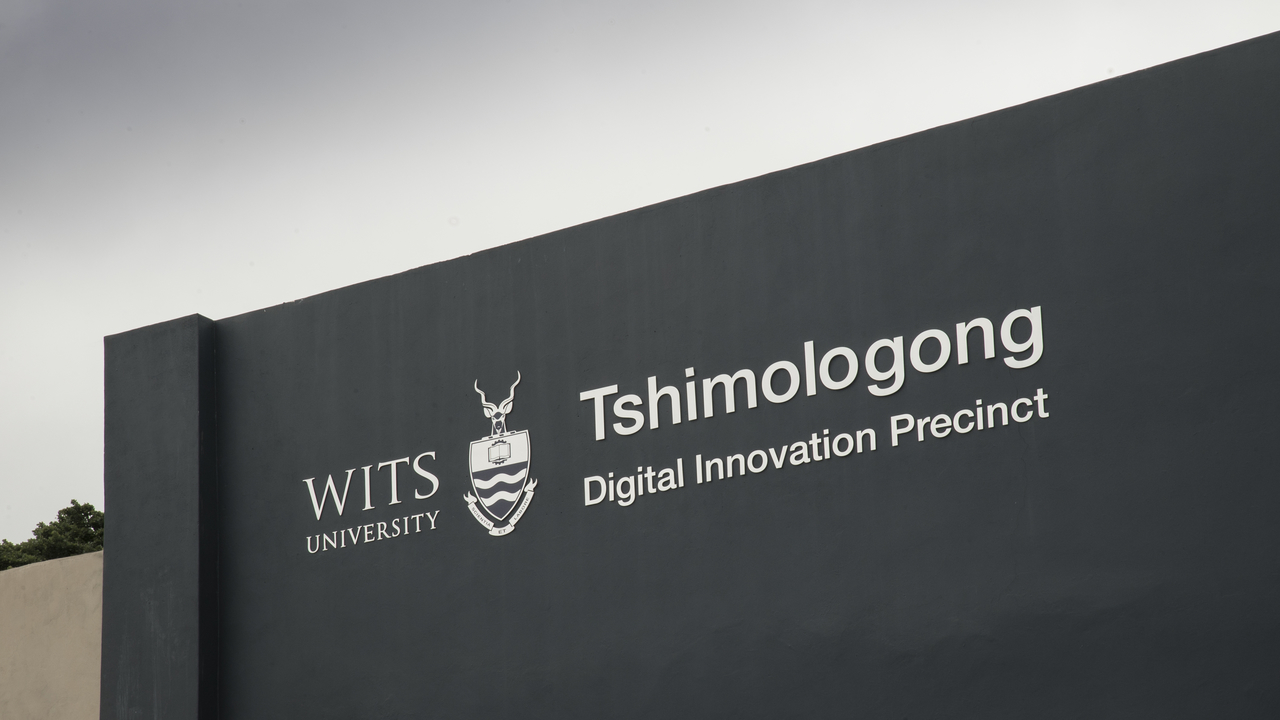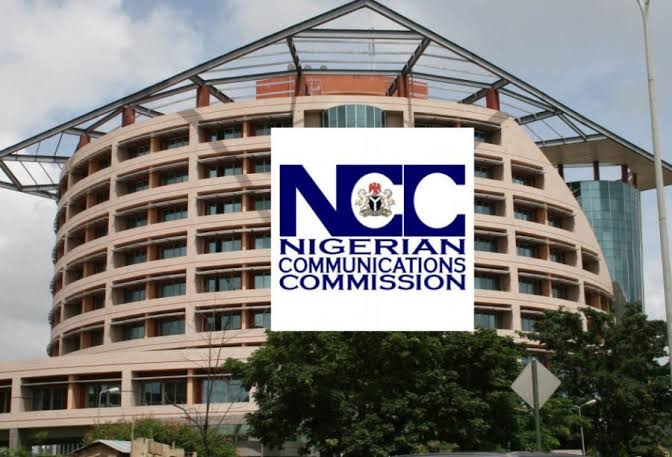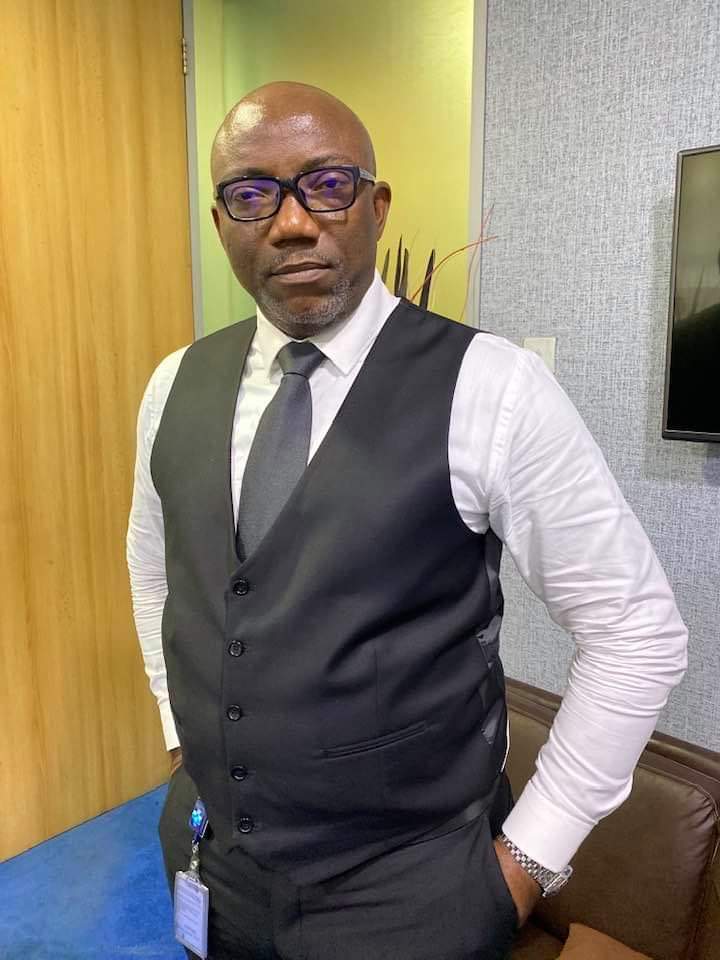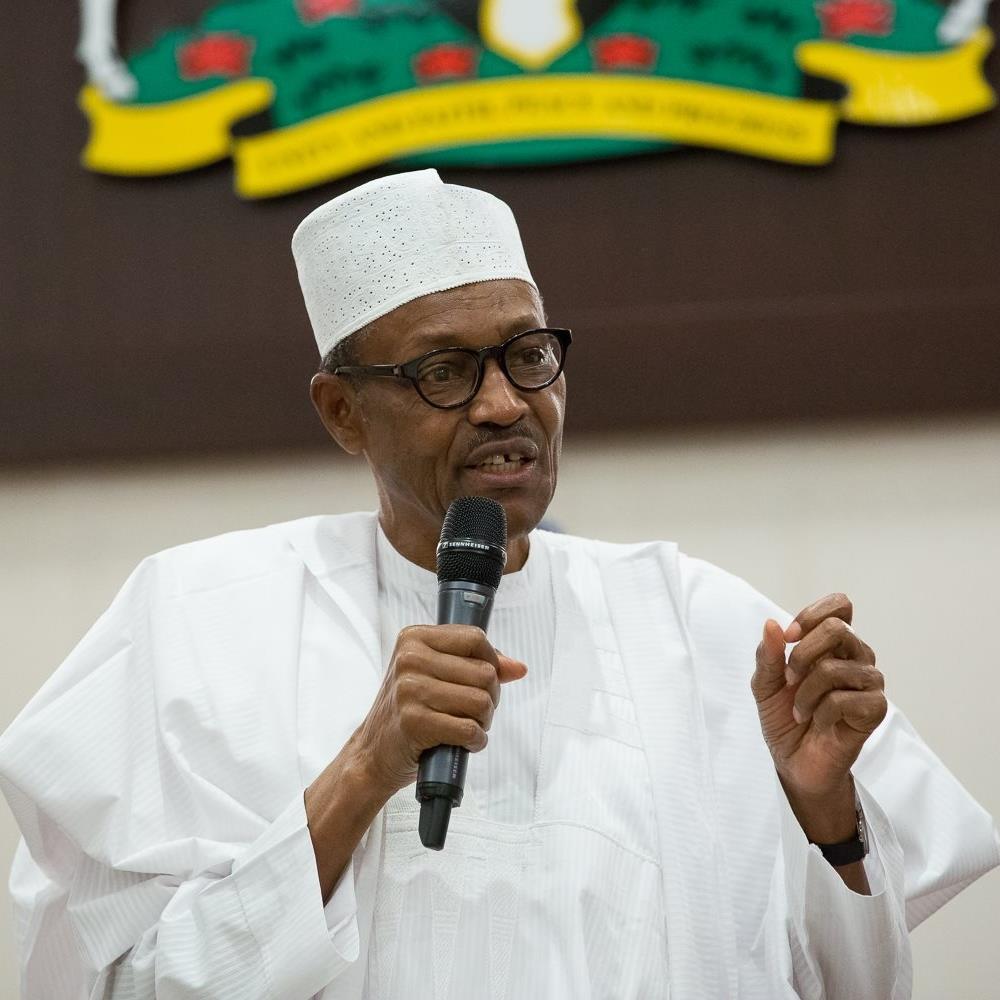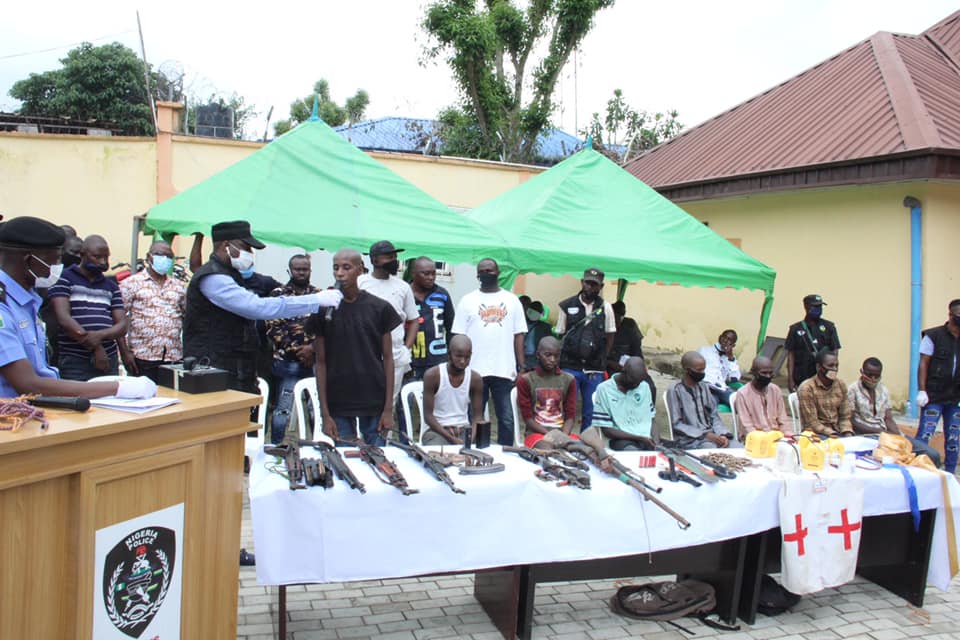In a post Covid 19 workplace and era, information technology, communication and data will be the critical drivers that would power the era. Having seen the change of narrative, the Association of Telecommunication Operators of Nigeria (ATCON) headed by Olusola Teniola invited the key stakeholders in an online forum tagged “ATCON’ Sectoral Virtual Forum 2020.” Isa Pantami ,the Minister of Communications and Digital Economy in Nigeria, Prof. Umar Garba Danbatta, Executive Office (EVC/CEO) of the Nigerian Communications Commission (NCC), Inuwa Kashifu Abdullahi the Director General of the National Information Technology Development Agency (NITDA) and host of others looked at how ICT will play a vital role in post Covid 19 economic realities.
Taking to zoom conference, Isa Patanmi promise to look at the cost of broadband deployment, the minister said that the ministry is looking at reviewing the taxes that are collected by various states of federation to the Infracos and also promising to look at giving preferential treatment to indigenous firms using the Executive order 003 and Presidential order 005.He also buttressed the need for patronage for the local Telco firms, a policy is being formulated to this regard. The Minister said that the government is doing the desired intervention to ensure that the indigenous telecom firms which ATCON is the body would be looked at.
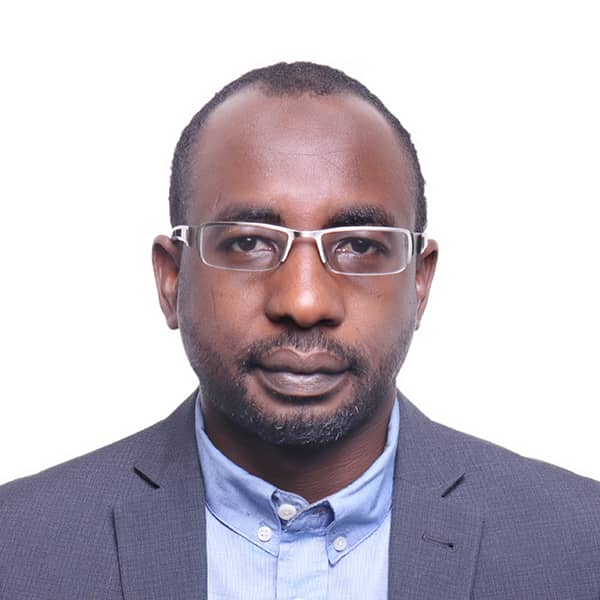
On the interest of consumers, the Minister said that it is in the interest of the Ministry to protect the subscribers and consumers of telecommunication products and services is paramount to the Government. The Minister is working with NCC Operators to ensure a robust framework that would protect the interest of consumers. The minister used the forum to harp on the quality of service, though in most cases are caused by vandalization. The QoS is key to the government, especially the price of data will be looked at. The minister made it known that the right of way has a way of impacting on the price of data and there are efforts made to come up with packages.
The leadership of ATCON, is the body that helped to push the National Broadband Plan and the minister is looking at 70% penetration rates in the next 5 years. The Minister promised to work with ATCON members to ensure that this is feasible in a few years’ time. Speaking on the forum, Olu Teniola, the President of ATCON said that the organisation is desirous to assist the ministry on the issue of right of way and double taxation. The Minister said that telecom infrastructure is seen as national infrastructure. The minister said that the issue of Right of Way has been lingering and he is working with governors on this.

Prof Danbatta, opined that the Covid 19 impact affected the whole economy and there is need to utilise the power of Information Technology and in the heart of ICT, infrastructure is the key. He said that NCC is striving very hard to meet up especially in the area of broadband deployment. On the issue of underutilisation of submarine broadband and landing capacity, the EVC said that the Commission is in the process of reviewing the Infraco framework as mandated by the National Bureau for Privatization (NBP). He said that the spectrum utilization especially 800MHz CDA, 1800MHz for LTE and Spectrum auctioning, the EVC reassured Nigerians that the NCC is in the process of issuing last mile satellite operators’ licenses to provide broadband services.
On the protection of consumers, NCC has brought out measures such as DND lines 2442 and a toll-free line of 622 has been in place. Over two hundred and seventy thousand complaints have been received by the commission. On the issue of Mobile number portability, over 1.1 million have utilised this service. The commission also launched a web portal as an alternative platform where consumers can lay their complaints. The draft review of consumer code of practice is being concluded for publication.
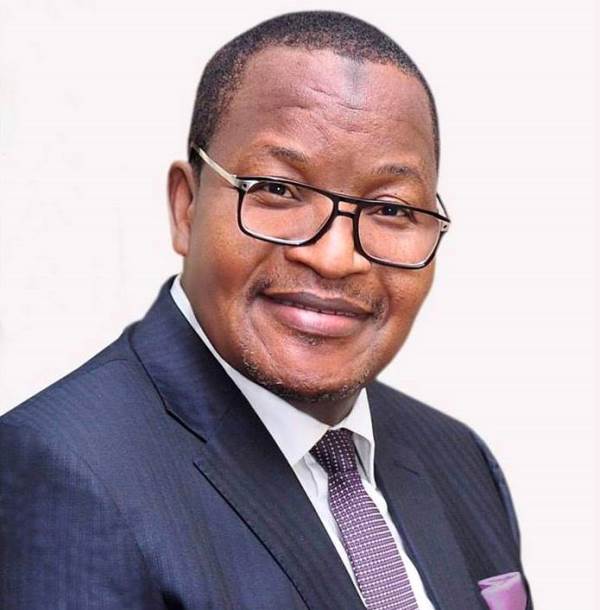
The teething problem of Right of Way, the Commission has made tremendous strides in this regard. This year alone, NCC resolves Right of Way (RoW) disputes in Ekiti, Imo, Kaduna, and Plateau states and is working towards the harmonization of right of way charges. As a proactive agency, The NCC has allowed mobile numbers operators (MNOs) to participate fully in the provision of mobile money services through the National Financial Inclusion Strategy. This is designed to achieve an 80% financial inclusion target of the Federal Government. The EVC lamented on the huge debt being owed to telecommunication firms by many agencies, saying that over 17 billion is being owned and this has hampered the full capacity utilisation.
Kashifu Adullahi, the Director General of NITDA in his remarks said that “In a post covid 19 era, the economy would be powered by information technology. “We are witnessing the emergence of new trends such as remote work, conferences and meetings. There is a need for government intervention here because strains are being put on existing infrastructure. With over 30 million subscribers using smartphones to access the internet, there is a need for a robust framework which the president did by launching the national broadband plan”, he said.

The DG of NITDA said that the Agency is involved seriously in the area of developmental regulation especially in the area of privacy and trust. The data assets guidelines, blockchain and Artificial Intelligence (AI) are the frameworks that the agency is working on. The agency has built about 3 IT hubs, 80 Digital learning centres and other key infrastructures.
ANTHONY EMEKA NWOSU

